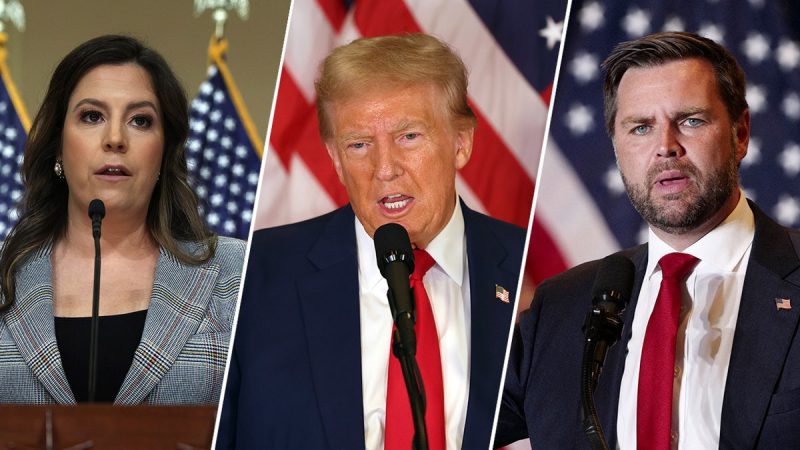The recent presidential debate marked a significant moment in the ongoing political saga leading up to the election. Trump’s allies are claiming victory in the debate, while simultaneously levying criticism against the moderators, whom they accuse of bias in favor of Kamala Harris.
The debate itself was a highly anticipated event, with both candidates bringing their A-game to the stage. Trump’s robust and unapologetic style of debating resonated well with his supporters, who applauded his sharp rebuttals and strong stance on various issues. On the other hand, Kamala Harris presented herself as composed, knowledgeable, and ready to take on the challenges facing the country. Her cool demeanor and articulate responses won her praise from her base.
However, what has garnered significant attention post-debate is the role of the moderators. Trump’s allies have been quick to criticize the moderators, alleging that they were biased towards Kamala Harris. They argue that the questions posed to Trump were loaded and designed to put him at a disadvantage. Furthermore, they claim that the interruptions and fact-checking directed at Trump were unwarranted and reflected a clear bias in favor of his opponent.
This accusation of bias against the moderators is not unfounded, as there have been instances where the framing of questions seemed tilted in favor of Kamala Harris. The choice of topics, the wording of questions, and the overall tone of the moderation have all come under scrutiny by Trump’s supporters. They argue that the moderators failed to maintain an impartial stance and instead appeared to be actively promoting Kamala Harris’ agenda.
In response to these allegations, the moderators have defended their approach, stating that their primary objective was to ensure a fair and informative debate for the viewers. They emphasize the importance of holding the candidates accountable and providing factual corrections when necessary. The moderators assert that their interventions were based on a commitment to upholding the integrity of the debate and fostering a meaningful discussion on critical issues.
The clash over the moderators’ performance underscores the deep polarization and suspicion that currently divides the political landscape. Each side sees the other as being in league with biased actors, whether it be the media, the moderators, or the opposing camp. This heightened sense of mistrust only serves to intensify the already contentious atmosphere surrounding the election.
As the campaign continues to unfold, it is crucial for all parties involved to uphold the principles of fairness, transparency, and integrity in their interactions. A robust democracy relies on open and honest debates, where all voices are heard and respected. By fostering an environment of mutual respect and understanding, we can hope to bridge the divides that threaten to tear our society apart.

